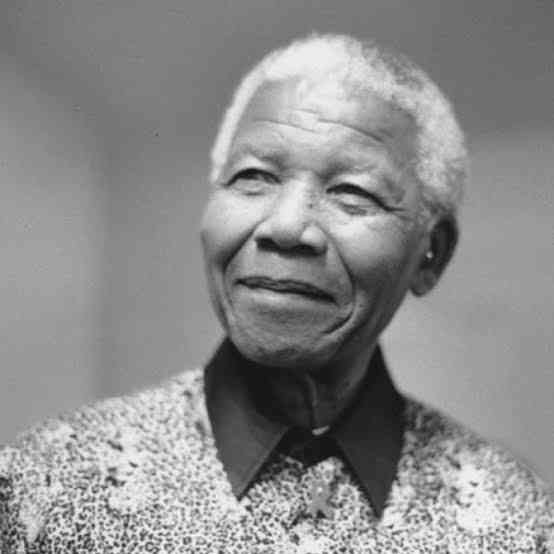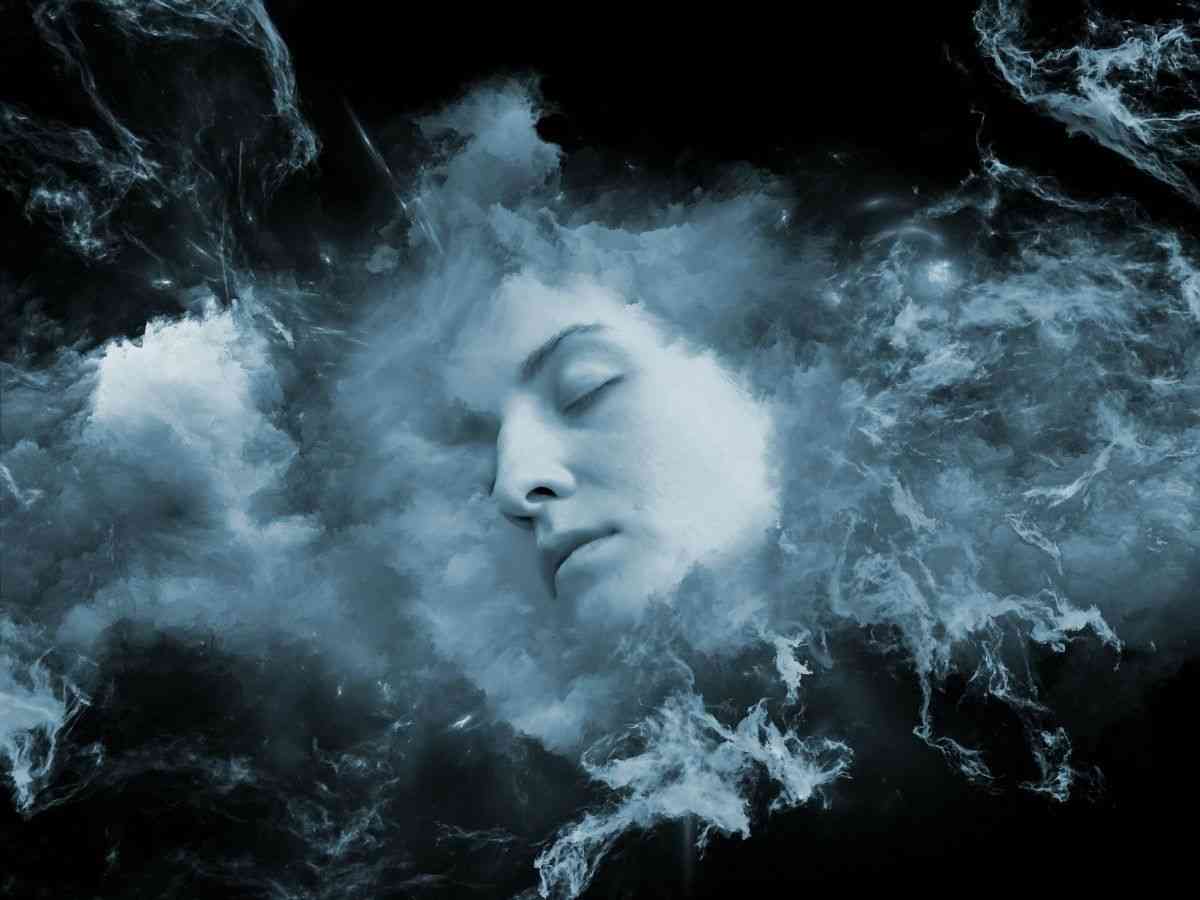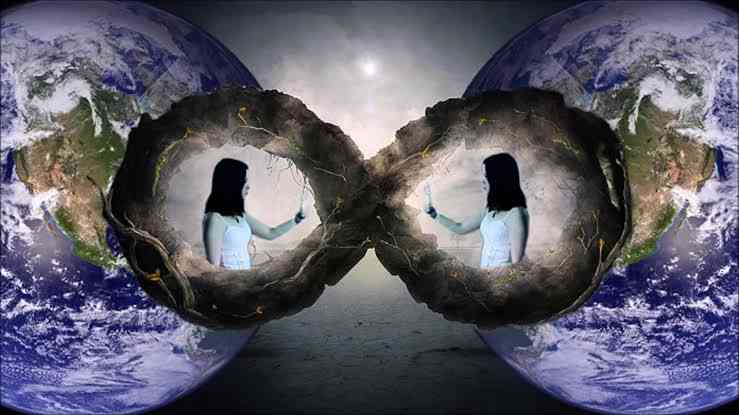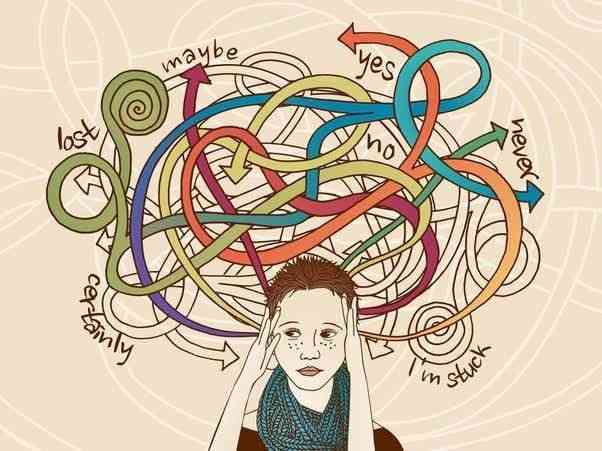The Mandela Effect
Memory and brain are the most mysterious things in the human body and until now, scientists don't know how they exactly work.
Memory can trick people into misremembering things that never happened or never were the way they think and this is what's called the Mandela effect. It was first described by Fiona Brome who asked in an interactive website when Nelson Mandela died and most people said he did in 1980 in a South African prison which is wrong. He was released in 1990 from prison and died in 2013.

After her article and observation, some other people tried asking similar questions about different previous events. As expected, people misremembered them again, like in the star wars. They would choose that the character C-3PO was entirely gold while, in fact, he had a silver leg and many other examples like Pikachu having a black mark on his tale, which he never had. Also, it includes misremembering famous quotes from films (e.g., it’s "Magic Mirror on the wall…", NOT "Mirror, Mirror on the wall…"; it’s "No, I am your father," NOT "Luke, I am your father") as well as names/spellings of various pop culture characters and brands.

Broome explained this effect in a pseudoscientific way, bringing the idea of the possibility of the multiverse and parallel worlds and other dimensions related to quantum physicists who have theorized the potential existence of multiple universes based on mathematical models.

It is what's called an alternative universe in science fiction, fantasy, etc., which is a separate universe or world that coexists with our known universe but is very different from it. Well, that is pretty much appealing to believe, yet there are no valid researches that prove its existence.

Professionals and real doctors explained the Mandela effect as a work of false memory, which means that people would recall inaccurate information and events. (you can't always count on your memory)
Yet it still mysterious how can a lot of people from different backgrounds remember the same exact thing happening. In the Nelson Mandela effect, the questions are about choosing between 2 things either yes or no, all gold or had a silver part (previous examples), which gets the memory confused and in most of the cases, it recalls the wrong thing, and that's what's called a false memory scientifically.
There is also what's called confabulations, which are false statements which the speakers believe are facts. The philosophy professor of the united kingdom's university, Lisa Bottling, said people don't intentionally confabulate like in Alzheimer's and dementia.
Maybe it is a parallel universe or time travel. Perhaps it is a memory trick we couldn't decode yet. Either way, it is fascinating.
Editors Choice:

References:
https://www.medicalnewstoday.com/articles/mandela-effect#summary
https://www.researchgate.net/publication/339313528_The_Mandela_Effect_An_Accessible_Article_Part_I



